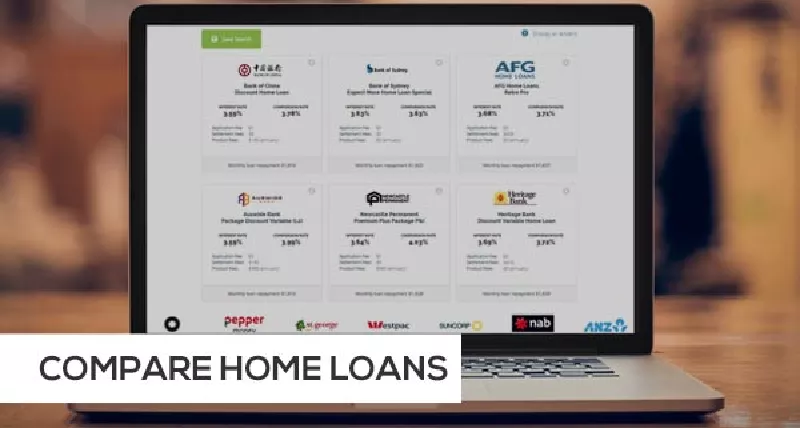Why you need a conveyancer
Why you need a conveyancer when you buy a property
When you buy a property, there are a range of legal tasks that need to be performed in transferring ownership from the vendor to you.
Technically, you can handle all these tasks yourself. However, due to their complexity, and the stakes involved, it usually makes sense to delegate the job to a professional conveyancer.
That then begs several questions. What is a conveyancer? What tasks need to be performed during a property transfer? What could go wrong? And what might the consequences be?
What is a conveyancer?
A conveyancer is a licensed professional who specialises in managing the process of transferring ownership of a legal title of land from one party to another.
Sometimes, a conveyancer might also be a solicitor, which means they're qualified to do other legal work as well.
What tasks need to be performed during a property transfer?
You, as the buyer, need to do a lot of due diligence, to make sure the property does not come with any nasty surprises.
For example, you need to review the contract of sale and vendor's statement.
You need to conduct a range of searches to confirm the vendor actually owns the property, whether it comes with any liabilities, whether the council has approved any plans for the land and more besides.
It's also a good idea to get a building report, a pest report and - if you're buying into a strata complex - a strata report.
A conveyancer can do all this on your behalf.
A conveyancer can also lodge legal documents, manage various payments (e.g. deposit, stamp duty and transfer costs) and manage the settlement process for you.
What could go wrong? And what would the consequences be?
There are many things that can go wrong during the property transfer process if you don't manage the documentation, searches, inspections and finances properly.
Here are just a few mistakes you might make if you don't have a conveyancer:
- You miss settlement - so the vendor cancels the sale and sues you for damages
- You inherit the vendor's land tax obligations - because you didn't arrange for the vendor to make the payment before the sale
- You buy a property with illegal renovations - which then become your responsibility
- You discover important fittings are missing from the home when you move in - because while the vendor made a verbal promise to leave them behind, this wasn't included in the written contract
- You discover your new home includes a restrictive covenant - which limits how you can use the property



